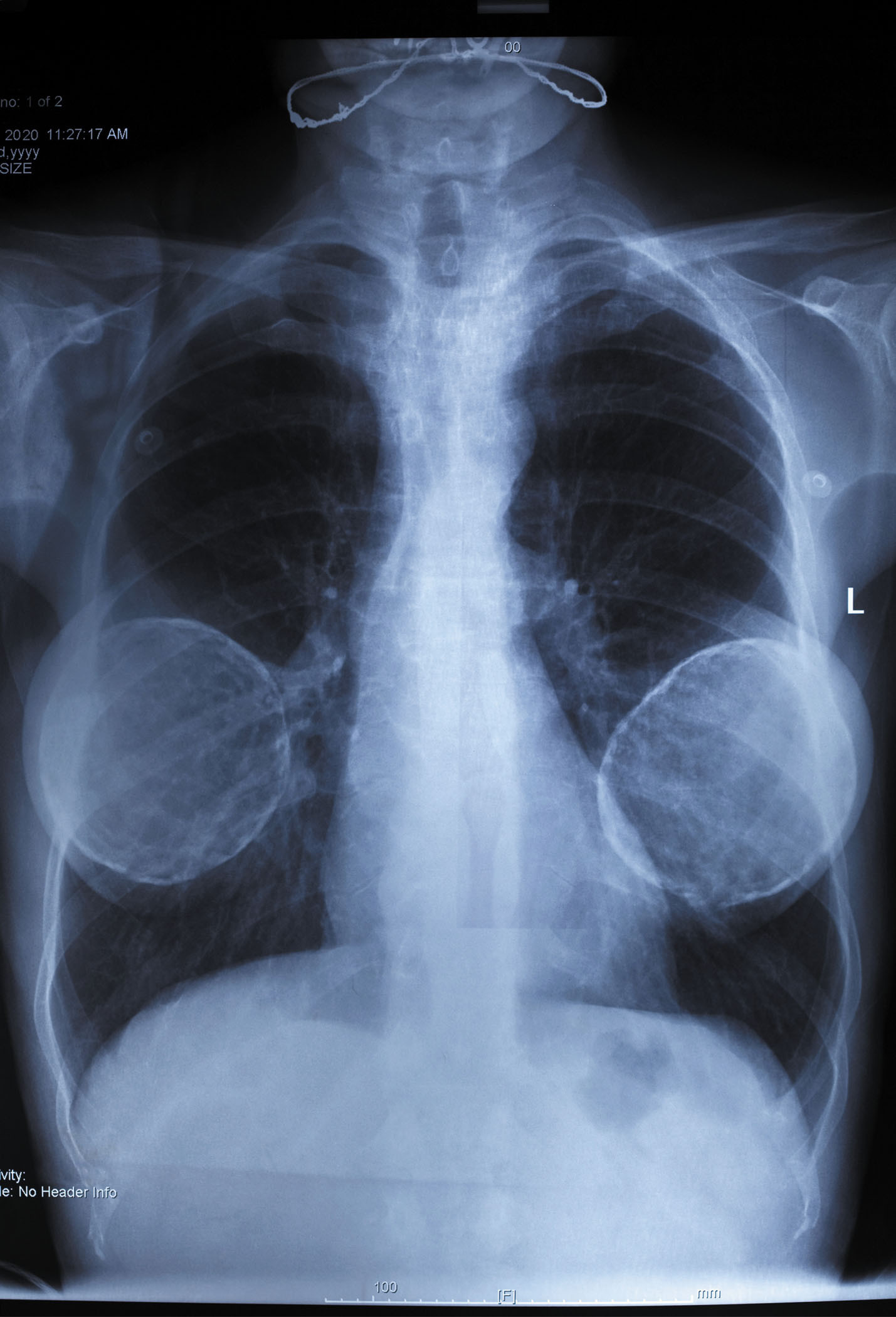
Tips to leverage neuroplasticity to maintain cognitive fitness as you age

Can white noise really help you sleep better?

Celiac disease: Exploring four myths

What is prostatitis and how is it treated?

What is Cushing syndrome?

Exercises to relieve joint pain

Think your child has ADHD? What your pediatrician can do

Foam roller: Could you benefit from this massage tool?

Stepping up activity if winter slowed you down

Common causes of cloudy urine
Medical Tests & Procedures Archive
Articles
FDA wants women to understand the risks and benefits related to breast implants
The FDA recently moved to help make certain that women considering breast implants have a clear picture of what implants involve before moving ahead with surgery. The agency announced a series of changes in October 2021. These include new labeling requirements for breast implant manufacturers, a requirement that facilities provide patients with a checklist outlining potential risks and benefits related to breast implants, and updated screening recommendations to detect leaks in silicone breast implants.
Can I skip colonoscopies after age 75?
Most people don't benefit from colonoscopies after age 75, but before stopping they should have a discussion with their doctor.
Do you need a coronary calcium scan?
A test called a coronary artery calcium (CAC) scan uses a special type of x-ray to look for plaque in the arteries of the heart, which raises the risk of heart-related problems. While CAC scans can be valuable for detecting people at higher risk of heart problems from plaque buildup, this test isn't right for everyone. It's typically most useful for people who don't yet have symptoms of heart disease, but who do have some risk factors. Determining how much plaque is in the arteries can help guide decision making about preventive strategies. The test is less useful for people at very low or very high risk for heart disease.
A look at health screenings
Men are less likely than women to get regular exams and tests, especially when they are younger. But as they age, routine screenings are essential. There are certain tests most men should have at some point, including ones for colon cancer, high blood pressure, hepatitis C, diabetes, and HIV. Other tests men should consider if they are at high risk for specific ailments, such as abdominal aortic aneurysm, hepatitis B, and lung cancer.
A new way to detect dangerous blood clots
A substance that binds to blood clots may one day offer a novel, less invasive strategy for finding dangerous clots in the heart and elsewhere in the body.
Is broken heart syndrome becoming more common?
Broken heart syndrome—an uncommon condition linked to severe emotional or physical stress that occurs mostly in women—may be more common than previously thought. The increase in diagnoses may reflect heightened awareness of all forms of heart disease in women. The condition may result from the surge of adrenaline that affects the heart's muscle cells and blood vessels, causing the heart's left ventricle to temporarily change shape. The heart resembles a Japanese clay pot used to trap an octopus, called a tako-tsubo, which is why broken heart syndrome was originally dubbed takotsubo cardiomyopathy.
Abdominal aneurysms: Uncommon but potentially dangerous
Up to 7% of people ages 50 and older (mostly male smokers) have abdominal aortic aneurysms (AAAs). In rare cases, these balloon-like pouches can expand and rupture with little warning, which can be life-threatening. Medicare covers screening tests for AAA for men ages 65 to 75 who have smoked at least 100 cigarettes in their lives and for anyone with a family history of AAA.
Should you monitor this chronic inflammation marker?
Increasingly, tests that measure C-reactive protein are marketed to health-conscious consumers as a way of determining if they have chronic inflammation. However, the test is just one piece of evidence and should be interpreted by one's doctor. Without that expertise, a customer might not understand what the CRP test result means, and as a result might suffer unnecessary anxiety or pursue unnecessary tests. It's best to talk to one's doctor before seeking tests that measure CRP levels.
Recommendation calls for earlier diabetes screening in people who are overweight
According to a new recommendation from the US Preventive Services Task force, diabetes screening should begin age 35 for people who are overweight, defined as a body mass index (BMI) of 25 or greater.

Tips to leverage neuroplasticity to maintain cognitive fitness as you age

Can white noise really help you sleep better?

Celiac disease: Exploring four myths

What is prostatitis and how is it treated?

What is Cushing syndrome?

Exercises to relieve joint pain

Think your child has ADHD? What your pediatrician can do

Foam roller: Could you benefit from this massage tool?

Stepping up activity if winter slowed you down

Common causes of cloudy urine
Free Healthbeat Signup
Get the latest in health news delivered to your inbox!
Sign Up











